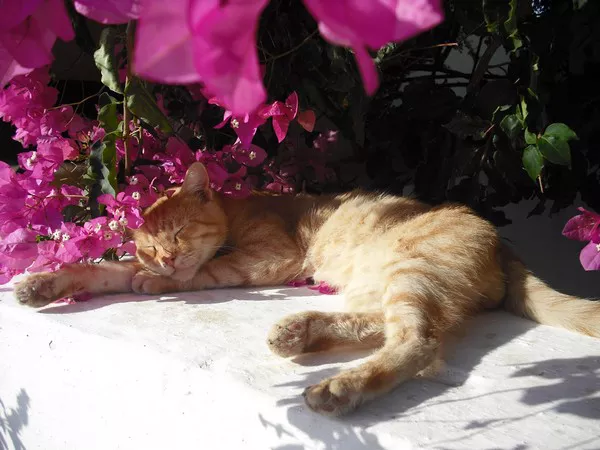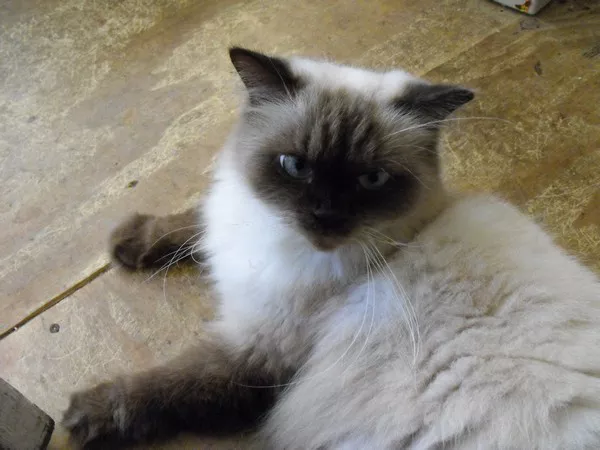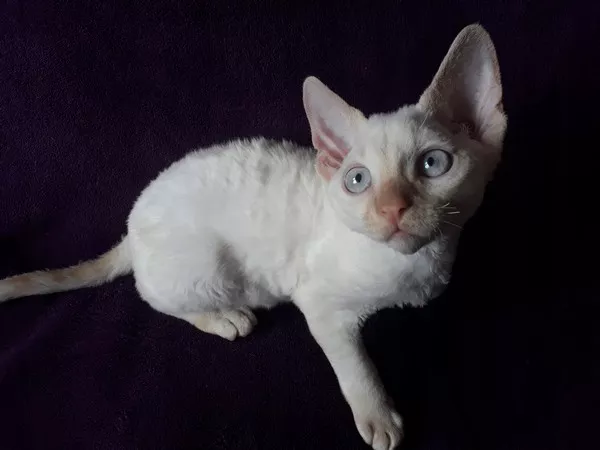On a brisk morning, with temperatures hovering in the mid-40s, Adrienne Reynolds, the founder of The Crowned Cat, a nonprofit rescue, embarks on her mission to trap feral cats. Her destination: the vicinity near Bear Creek and the Bear Creek Greenway on the north side of Medford, where feral cat colonies have taken root.
Reynolds recalls her initial encounter with the colony, explaining, “I happened to drive by a month ago and realize that about 500 feet behind that colony is another colony that has blossomed.” What she found were 32 new cats, many appearing to have been abandoned, prompting the need for urgent intervention to control the burgeoning population.
Trap-neuter-release (TNR) programs have emerged as a humane and effective strategy to manage feral cat populations. Reynolds, along with her team, employs this method, trapping feral cats, sterilizing and vaccinating them, and returning them to their original location if they are not deemed adoptable. Not only does TNR help control population growth, but it also reduces behaviors such as roaming and fighting, enhancing the safety of the cat community.
With the clock ticking, Reynolds is on a tight schedule. She recently trapped four cats, awaiting surgery at The Crowned Cat, and aims to capture six more to fill her spay/neuter appointment slot at the SNYP spay/neuter clinic in Talent. Time is of the essence as her deadline looms.
Reynolds suspects that many of the newly discovered cats were abandoned due to their friendly demeanor and good condition. However, their survival instincts hinder efforts to approach them closely, making trapping the only viable option.
While adoption is the ideal outcome for these cats, Reynolds acknowledges the challenges. Friendly house cats abandoned in the wild often struggle to overcome trauma, rendering them unsuitable for adoption. Consequently, ferals that cannot be socialized are released back into their colony after being sterilized.
Setting up traps along the bike path near the colony, Reynolds entices cats with canned cat food, a delicacy compared to their regular kibble. Despite some cats displaying savvy trap avoidance, Reynolds manages to secure two within the first 30 minutes. Carefully transferring them into carriers, she returns to the Greenway to resume trapping.
As Reynolds continues her efforts, she encounters familiar faces — cats previously sterilized and released, identifiable by the characteristic ear-tip. These cats, while not fearful of humans, remain cautious, retreating at any sudden movement.
Trapping feral cats is just one aspect of Reynolds’ tireless rescue work. The Crowned Cat, established in 2021, is among the local rescues providing vital support for cats in need. With Jackson County Animal Services no longer accepting cats at the shelter, the burden falls on rescues to address the growing population of stray and abandoned cats.
Reynolds emphasizes the importance of spaying and neutering to mitigate the problem. “Get your cats sterilized and microchipped,” she urges. By intervening early and responsibly managing cat populations, rescues can alleviate the strain on resources and improve the welfare of feral and stray cats.
Despite the challenges, Reynolds finds solace in the impact of her work. As adoptable cats find loving homes and families experience the joy of feline companionship, she remains committed to spreading love and fulfillment through her efforts. For Reynolds, every rescued cat represents a story of hope and transformation, reinforcing the profound bond between humans and their feline companions.






















